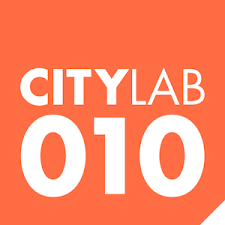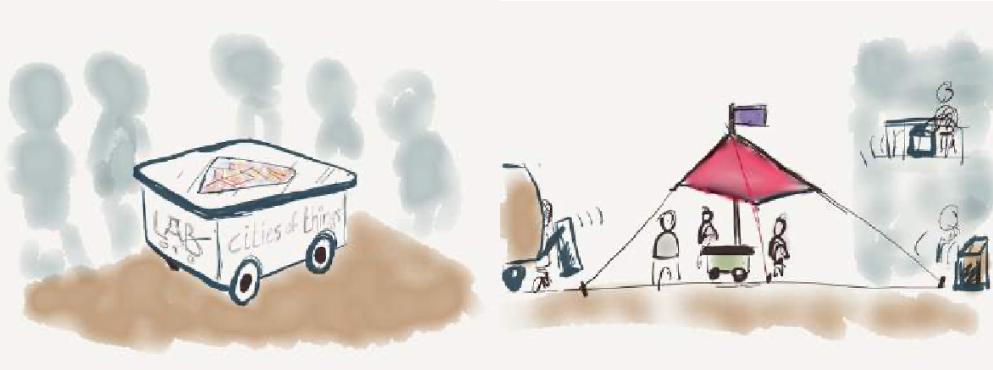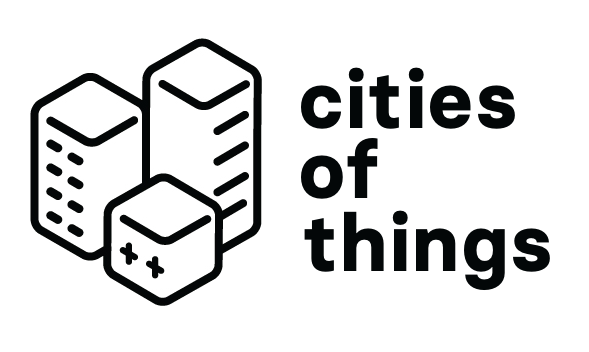This page will be updated for the field lab project that will start in 2022 as part of the CityLab010 program initiated by the municipality of Rotterdam.
As background the summary from the proposal. Find updates in the update section. Found more on the WijkBot Kit.

Summary project
More and more intelligent objects that act and behave on their own initiative are appearing on our streets. The city is changing; in addition to a city of people, a “city of things” is emerging. We are already surrounded and influenced in our daily lives by in some respects autonomous objects such as smartphones, digital road signs or “smart” billboards. Soon, ‘city things’ with much more autonomy such as self-driving cabs, delivery robots or autonomous garbage trucks will fill our neighborhoods and districts. As a result, people are increasingly in the company of ‘smart city things’, which interact with them and potentially work together. Currently, the development and decision-making of implementation of ‘city things’ is in the hands of big-tech companies and government agencies, often with little involvement of city residents and superficial understanding of their everyday problems. This project strives for positive and productive ways of living and working together with citizens with ‘city things’, by designing them together with them, developing competences to organize their lives with ‘smart things’ and thus involving citizens in the design of their own neighborhood in the context of the developing ‘smart city’. To this end, experimental gardens will be set up at the neighbourhood level, in which citizens, together with designers and up-and-coming professionals, will design and develop prototypes of ‘city things’ that match the daily practice and needs of Rotterdammers. In several neighborhoods we are realizing a ‘biotope of smart objects’ that will work and live together with residents as neighbors and that will improve social participation and inspire new experiences.
To support the above vision, in our project we will develop and operate a toolkit – the Labkar – that enables citizens together with designers to design ‘city things’ in order to subsequently use them in construction of ‘the biotope of smart objects’. The resulting prototypes have sustainable social neighborhood value, partly because they strengthen the resilience of current and future generations in the evolving ‘smart city’ and make them forerunners in this development.

City of Things Lab 010 project has a multiple objective. Firstly, it aims to make citizens aware of the future in which they will be living, working and recreating with intelligent things and to enable them to co-design that new future, particularly in the context of their neighborhood. Secondly, the lab wants to establish Rotterdam as a frontrunner and innovative city of coexistence of smart things and people. Thirdly, it wants to strengthen design businesses in Rotterdam in their city things design knowledge and skills and thus strengthen their competitiveness and innovation capacity. Fourth, it wants to teach professionals in training to apply design methodologies for the digital future in which citizens play a key role and secure the right talent for the city and region. Fifth, this project wants to share the knowledge and experience gained with citizens and other stakeholders, especially with the municipality of Rotterdam and the organizations in the city’s neighborhoods, in order to perpetuate the innovations achieved and facilitate them through policy and regulation. Two concrete cases for neighborhood-focused prototypes, to which various stakeholders in the neighborhood have committed, will serve as starting points: circular waste processing of the Afrikaandermarkt and smart mobility in Cool Zuid. New cases will be hooked up over the course of the project.
The project is being coordinated and implemented by the Cities of Things Foundation in collaboration with Knowledge Centre Creating010 and the Institute for Communication, Media and Information Technology at Rotterdam University of Applied Sciences. This is done in collaboration with various stakeholders, in particular, Studio for the City, ThingsCon, EMI Op Zuid, Rotterdam Internet of Things and the Innovation Network of the City of Rotterdam. The City of Things Foundation aims to research and disseminate knowledge and expertise about this future city of smart things.
